David Lyle - Arthur Sullivan: Ivanhoe (1993)
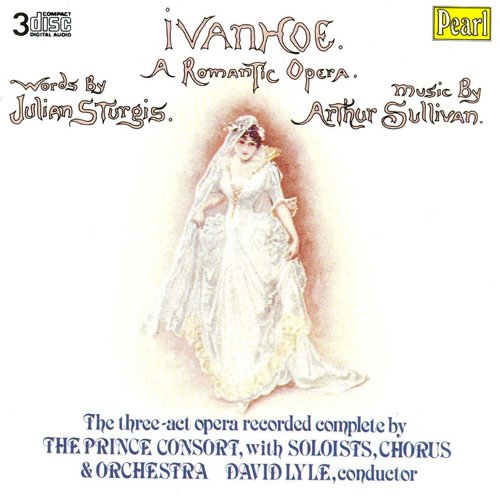
Artist: David Lyle
Title: Arthur Sullivan: Ivanhoe
Year Of Release: 1993
Label: Pearl
Genre: Classical
Quality: FLAC (image + .cue)
Total Time: 02:58:15
Total Size: 699 MB
WebSite: Album Preview
Tracklist:Title: Arthur Sullivan: Ivanhoe
Year Of Release: 1993
Label: Pearl
Genre: Classical
Quality: FLAC (image + .cue)
Total Time: 02:58:15
Total Size: 699 MB
WebSite: Album Preview
CD 1:
01. Introduction; Each day this realm of England
02. Good Thane, most noble Thane
03. I see but one thing wanting
04. Drink, drink ye all
05. The Palmer! The holy Palmer
06. O moon, thou art clad
07. Good Palmer, thou did'st speak
08. Like mountain lark
09. Will there be no more fighting?
10. Plantaganesta!
11. Isaac, my Jew, my purse of gold
12. What means his motto?
CD 2:
01. Strange lodging this for England's King
02. There is a custom...I ask not wealth
03. Not bad say I...The wind that blows (Ho, Jolly Jenkin)
04. And now for combat!
05. Will our captor not dare to show his face?
06. Welcome, Sir Templar!...Woo thou thy snowflake
07. Whet the keen axes
08. O awful depth...Lord of our chosen race
09. Take thou these jewels
10. What sound is that?
CD 3:
01. Happy with winged feet
02. Tend thou the knight thou lovest
03. How can'st thou know?
04. Light foot upon dancing green
05. Look where thy moody father walks apart...Forgive thy son
06. How oft beneath the far-off Syrian skies
07. Fremuere principes
08. Thou Jewish girl, who art condemned
09. A champion! A champion!
10. Dead! He is dead
11. See where the banner of England
“IVANHOE is a romantic opera in three acts based on the novel by Sir Walter Scott, with music by Sir Arthur Sullivan and a libretto by Julian Sturgis. It premiered at the Royal English Opera House on 31 January 1891 for a consecutive run of 155 performances, unheard of for a grand opera. Later that year it was performed six more times, making a total of 161 performances.
After the days of Michael Balfe and his contemporaries, the fashion in London, led by the Prince of Wales, was for opera houses to present mostly imported operas from Italy, France and Germany. English opera went into decline, and no through-composed operas were written in England after 1844 until 1874. After this, a few English composers wrote new operas in English, some with English themes, and the Carl Rosa Opera Company produced many of these in the late 1870s and 1880s. Arthur Sullivan had long dreamed of writing a grand opera in what he called an ‘eclectic’ style that would build on the existing European styles.
During the late 1870s and through the 1880s, Richard D'Oyly Carte had earned great success by producing the Gilbert and Sullivan operas. By the late 1880s, perhaps encouraged by the operas produced by Carl Rosa, Carte aspired to do for grand opera what he had done for comic opera, with the assistance of Arthur Sullivan, who had long yearned to compose more serious works. In May 1888, Sullivan noted in his diary that, after a performance of his cantata THE GOLDEN LEGEND given at Albert Hall by command of Queen Victoria, the queen said to him, ‘You ought to write a grand opera – you would do it so well!’ Carte began building the Royal English Opera House in December 1888, and he commissioned Sullivan to write the venture's inaugural work. George Bernard Shaw wondered, in August 1889, about the wisdom of building a new opera house when the three existing ones (Royal Opera House, Her Majesty's Theatre and the Theatre Royal, Drury Lane), were underutilised. During 1890, Carte contacted several composers, including Frederick Cowen, asking them to compose operas to succeed Ivanhoe in the new house.
Sullivan asked his usual collaborator, W. S. Gilbert to supply the libretto for a grand opera, but Gilbert declined, writing that in grand opera the librettist's role is subordinate to that of the composer, and that the public would, in any case, not accept a serious work from his pen. Gilbert recommended Julian Sturgis to write the libretto. Sturgis had written the libretto for NADESHDA by Arthur Goring Thomas (1885), which had been produced with success by Carl Rosa. IVANHOE had been treated operatically previously, including an 1826 pastiche opera with music by Rossini and operas by Marschner in 1829, Pacini in 1832 and Nicolai in 1840. Both Sullivan and the critics noted that Scott's novel, with its many scenes, would make for a complex adaptation.
IVANHOE and The Royal English Opera House opened on 31 January 1891, with the Prince and Princess of Wales and other members of the royal family in attendance. The production was lavish: An orchestra of 64 players, 72 choristers and 120 supernumeraries were employed.” -- Hans Lick
After the days of Michael Balfe and his contemporaries, the fashion in London, led by the Prince of Wales, was for opera houses to present mostly imported operas from Italy, France and Germany. English opera went into decline, and no through-composed operas were written in England after 1844 until 1874. After this, a few English composers wrote new operas in English, some with English themes, and the Carl Rosa Opera Company produced many of these in the late 1870s and 1880s. Arthur Sullivan had long dreamed of writing a grand opera in what he called an ‘eclectic’ style that would build on the existing European styles.
During the late 1870s and through the 1880s, Richard D'Oyly Carte had earned great success by producing the Gilbert and Sullivan operas. By the late 1880s, perhaps encouraged by the operas produced by Carl Rosa, Carte aspired to do for grand opera what he had done for comic opera, with the assistance of Arthur Sullivan, who had long yearned to compose more serious works. In May 1888, Sullivan noted in his diary that, after a performance of his cantata THE GOLDEN LEGEND given at Albert Hall by command of Queen Victoria, the queen said to him, ‘You ought to write a grand opera – you would do it so well!’ Carte began building the Royal English Opera House in December 1888, and he commissioned Sullivan to write the venture's inaugural work. George Bernard Shaw wondered, in August 1889, about the wisdom of building a new opera house when the three existing ones (Royal Opera House, Her Majesty's Theatre and the Theatre Royal, Drury Lane), were underutilised. During 1890, Carte contacted several composers, including Frederick Cowen, asking them to compose operas to succeed Ivanhoe in the new house.
Sullivan asked his usual collaborator, W. S. Gilbert to supply the libretto for a grand opera, but Gilbert declined, writing that in grand opera the librettist's role is subordinate to that of the composer, and that the public would, in any case, not accept a serious work from his pen. Gilbert recommended Julian Sturgis to write the libretto. Sturgis had written the libretto for NADESHDA by Arthur Goring Thomas (1885), which had been produced with success by Carl Rosa. IVANHOE had been treated operatically previously, including an 1826 pastiche opera with music by Rossini and operas by Marschner in 1829, Pacini in 1832 and Nicolai in 1840. Both Sullivan and the critics noted that Scott's novel, with its many scenes, would make for a complex adaptation.
IVANHOE and The Royal English Opera House opened on 31 January 1891, with the Prince and Princess of Wales and other members of the royal family in attendance. The production was lavish: An orchestra of 64 players, 72 choristers and 120 supernumeraries were employed.” -- Hans Lick
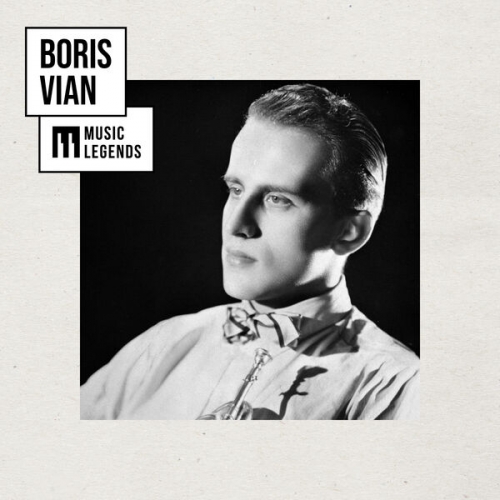
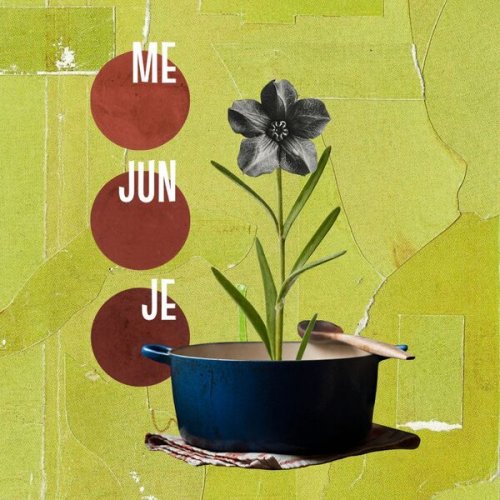
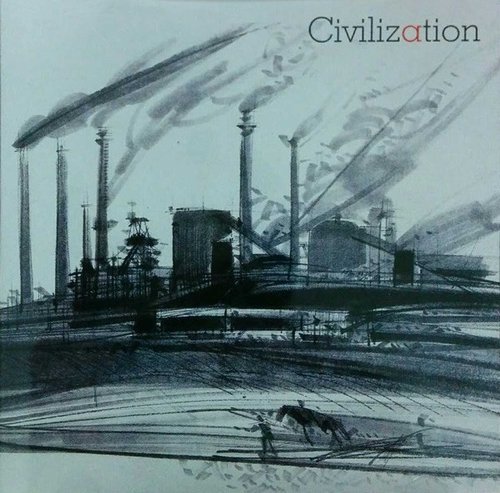
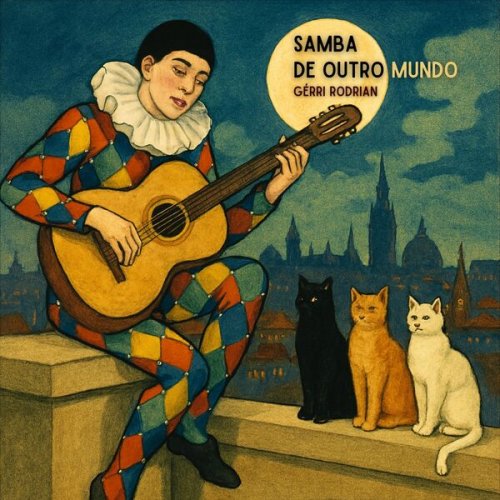
![Jay Cinema - A Smile to a Tear (2025) [Hi-Res] Jay Cinema - A Smile to a Tear (2025) [Hi-Res]](https://img.israbox.com/img/2026-02/15/3den0r6ij0gj805kc59em92op.jpg)
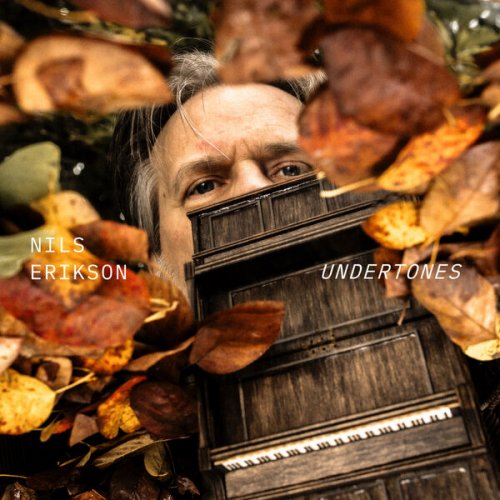
![Black Viiolet - Dark Blue (2026) [Hi-Res] Black Viiolet - Dark Blue (2026) [Hi-Res]](https://www.dibpic.com/uploads/posts/2026-02/1771144440_cover.jpg)
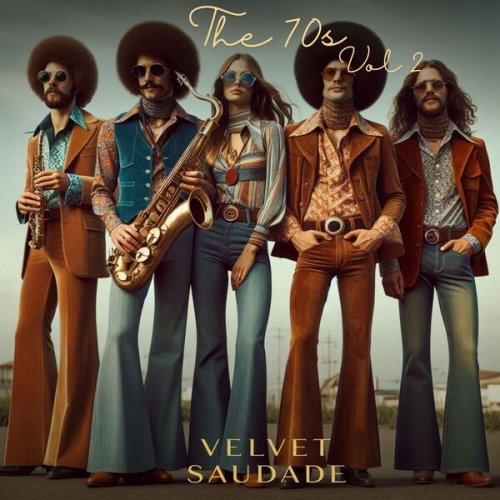
![Amal Murkus, Alessandro Sgobbio - تنفُّس Breathing (2026) [Hi-Res] Amal Murkus, Alessandro Sgobbio - تنفُّس Breathing (2026) [Hi-Res]](https://img.israbox.com/img/2026-02/12/9poaluplwioed8qjbmjfl2ajb.jpg)